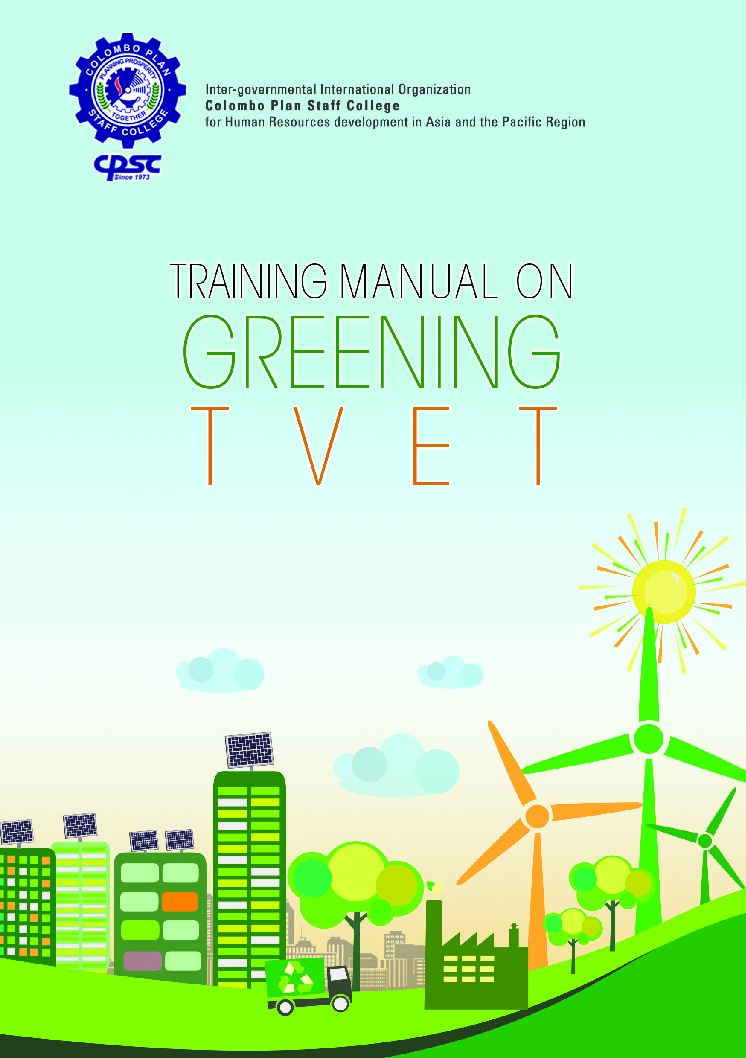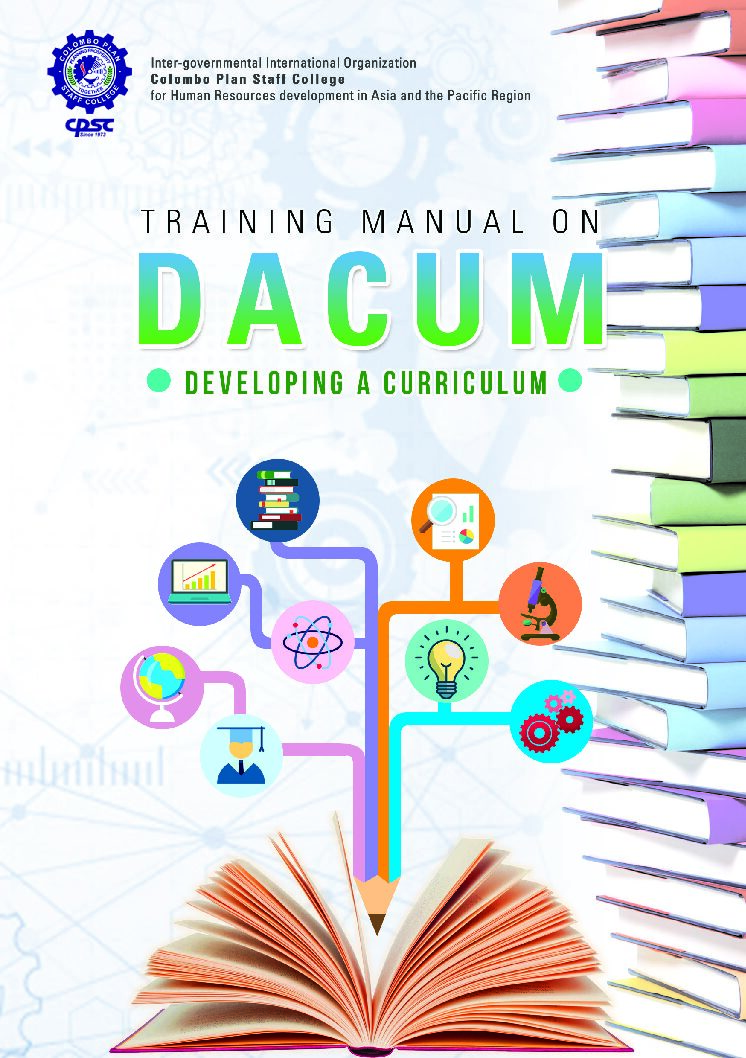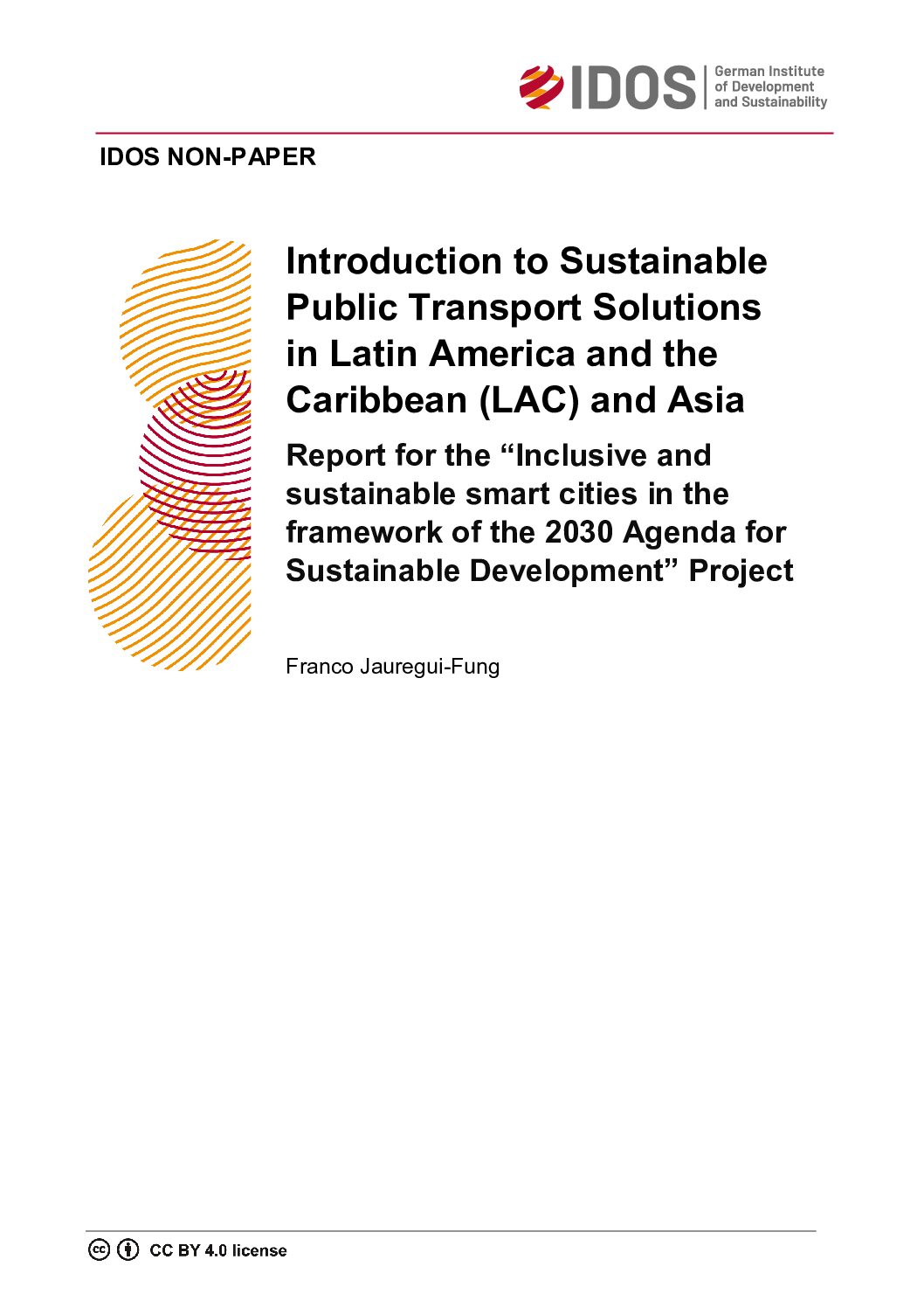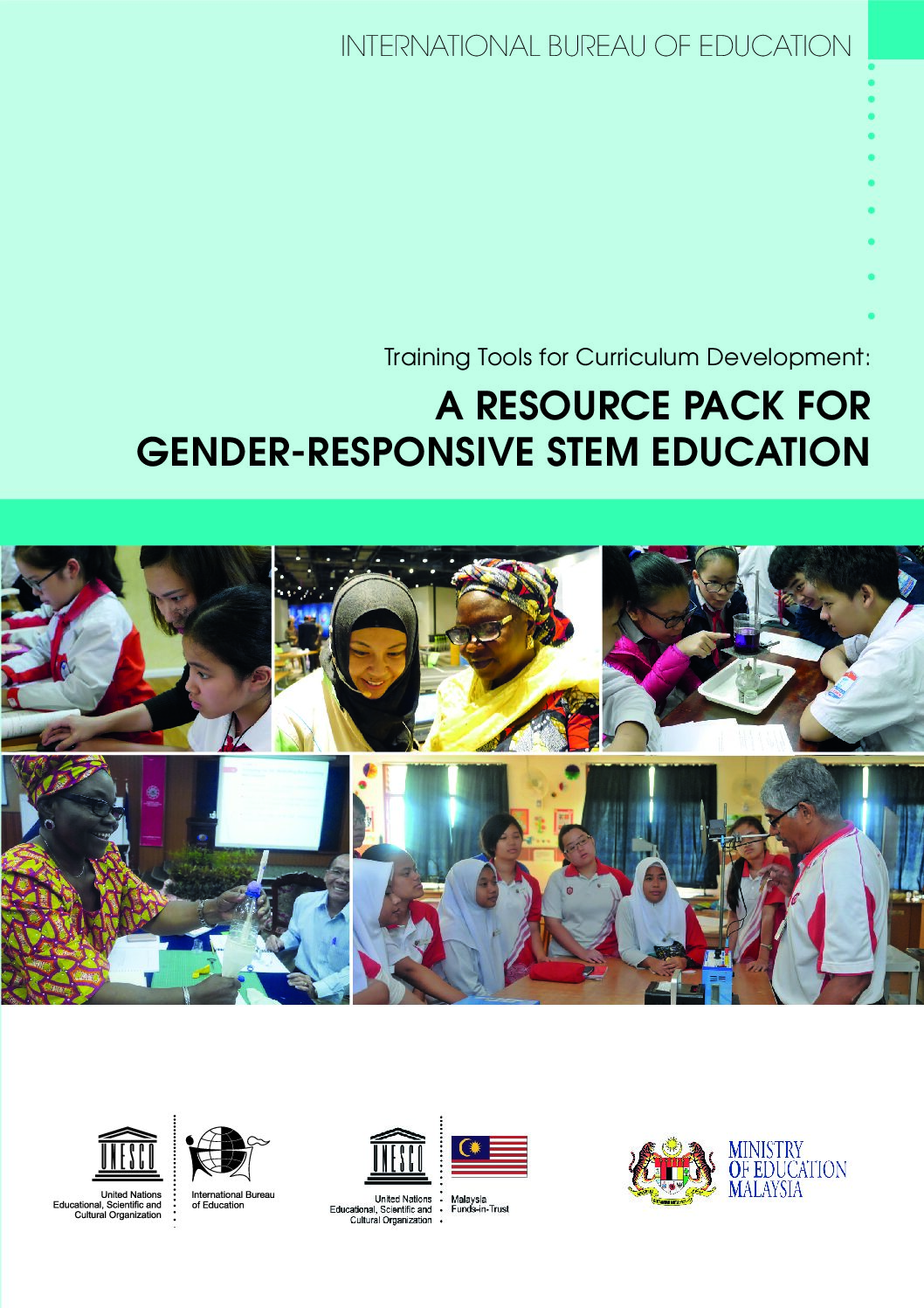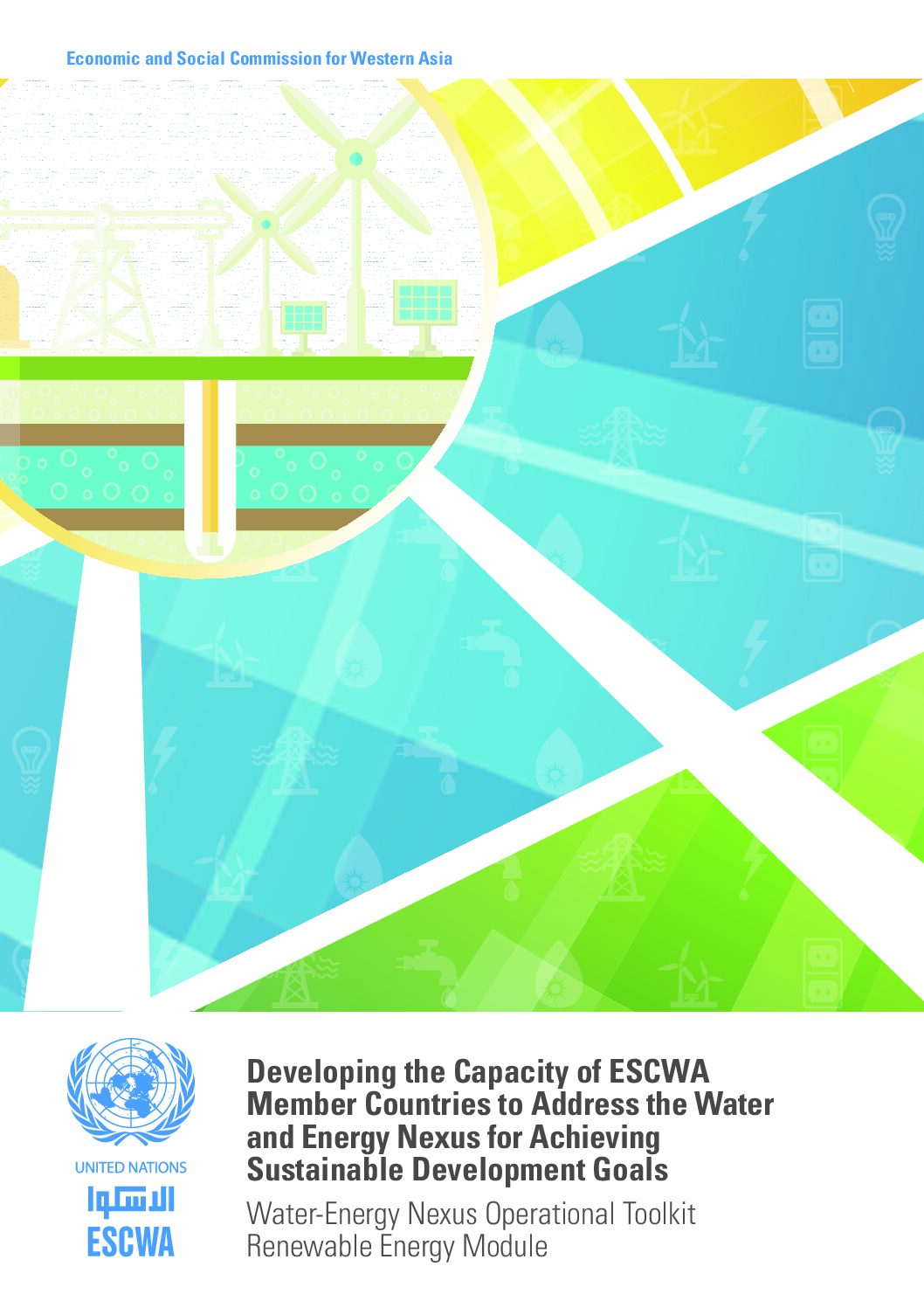This resource guides trainers in conducting activities on greening TVET. It compiles content from various sources and offers practical strategies tailored for TVET leaders, managers, and instructors. The manual provides a step-by-step approach to help trainers, administrators, and academics lead TVET toward sustainability.
Desisining A CurriculUM or DACUM is a methodology used to analyse jobs and develop training programmes. This training-of-trainers resource guides trainers in planning, preparing, and implementing DACUM Facilitator Training sessions. It supports those involved in occupational analysis and curriculum development, aiming to standardize DACUM practices internationally and help participants become experts in the DACUM process.
This resource guides trainers in planning and delivering programmes on occupational analysis and curriculum development. It focuses on integrating green skills, greening TVET, entrepreneurship, IR 4.0, and 21st-century skills into TVET.
This resource offers a comparative analysis of existing green skills frameworks to support sustainable development through TVET. It includes two detailed matrices—one mapping green frameworks chronologically, and another summarizing empirical research on green skills relevant to green industries. The study highlights key concepts, models, and collaborations needed between TVET institutions and green sectors to develop … Continue reading “Comparative analysis on Green Skills framework for sustainable development”
This report first offers an overview of urban mobility challenges in LAC and Asia, then presents the Big Push for Sustainability Framework directed towards achieving sustainable urban mobility and its economic, social and environmental benefits. The third section identifies important concepts in urban mobility that van support the three selected transit solutions.
This resource pack includes six modules to train users in the development of gender-responsive STEM education: (i) policy formulation; (ii) curriculum development and design; (iii) strategies for pedagogy, learning and assessment; (iv) teacher education and teacher professional development; (v) resources; and (vi) community involvement.
This is an example of a capacity building needs assessment for the energy transition, undertaken in Viet Nam.
This is an example of a regional capacity building strategy based on a comprehensive needs assessment.
This is a training module on the nexus between renewable energy and water management.
This guidebook helps project developers and investors to prepare bankable business plans for RE projects, particularly for power generation.

